Studio

Carbon Negative
As Sanctuary Computer approaches its fourth loop around the sun, we're taking a chance to look inward, and critically assess our standing. Our earth is on fire; we're taking stock. Everything we build causes damage - do we deserve to exist?
→ See Our Latest Report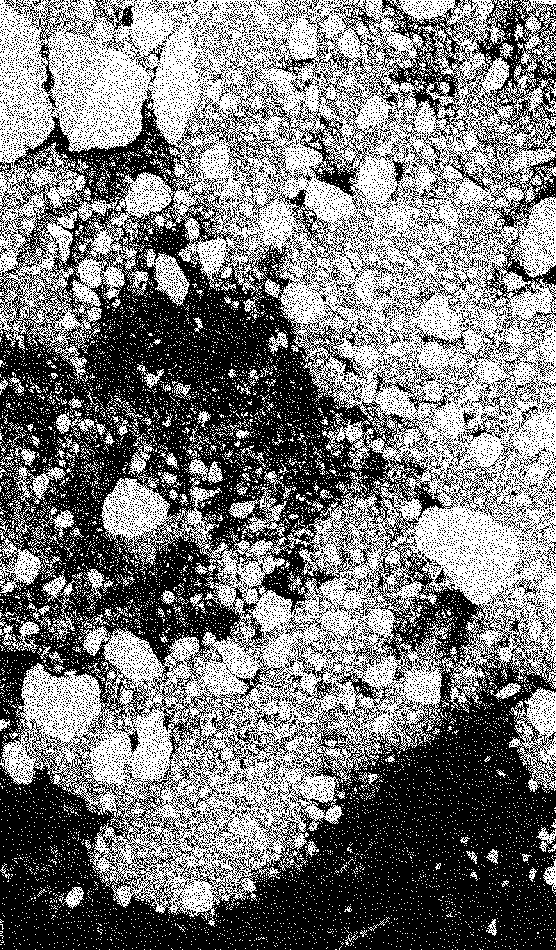
→ Antarctica — A study published in Nature Geoscience in 2013 (online in December 2012) identified central West Antarctica as one of the fastest-warming regions on Earth. The researchers present a complete temperature record from Antarctica's Byrd Station and assert that it "reveals a linear increase in annual temperature between 1958 and 2010 by 2.4±1.2 °C
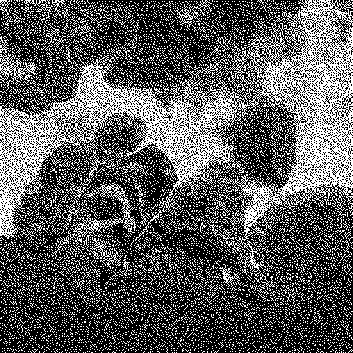
→ Yemen — The average Yemeni has access to only 140 cubic meters of water per year (101 gallons per day) for all uses, while the Middle Eastern average is 1000 m3/yr, and the internationally defined threshold for water stress is 1700 cubic meters per year.
Today, carbon neutrality doesn't cut it.
Sanctuary Computer is a team of thoughtful individuals; and we're agreed. It's no longer good enough to make yet another nice thing. We understand that if our company is going to continue to exist, we owe it to our community to justify our existence. From this point on, we're committed to measuring and reducing our carbon emissions where we can, and offsetting where we can not.
We'll be encouraging peers and clients to do the same. In order to achieve a true net negative effect year over year, we'll be choosing offsets that are priced ethically (most carbon is too cheap), and can confidently meet our standards (most RECs can not), basing that math on at least 150% of our previous year's emissions.
→ View Calculating Emissions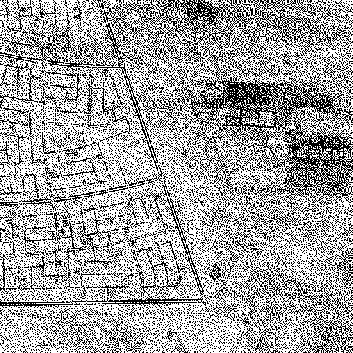
→ United Arab Emirates — In 2010, The Abu Dhabi Environmental Agency published an announcement which shows that 85% of UAE's population would be affected by rising sea levels as well as 90 percent of its infrastructure.
We're taking steps to solidify our commitment to sustainability.
Measure, reduce, and offset our studio's carbon emissions in order to become carbon negative.
Set expectations with potential clients to meet certain sustainability criteria in order to partner with us.
Provide lightweight consulting to help our clients & peers build sustainability into their brand from day one.
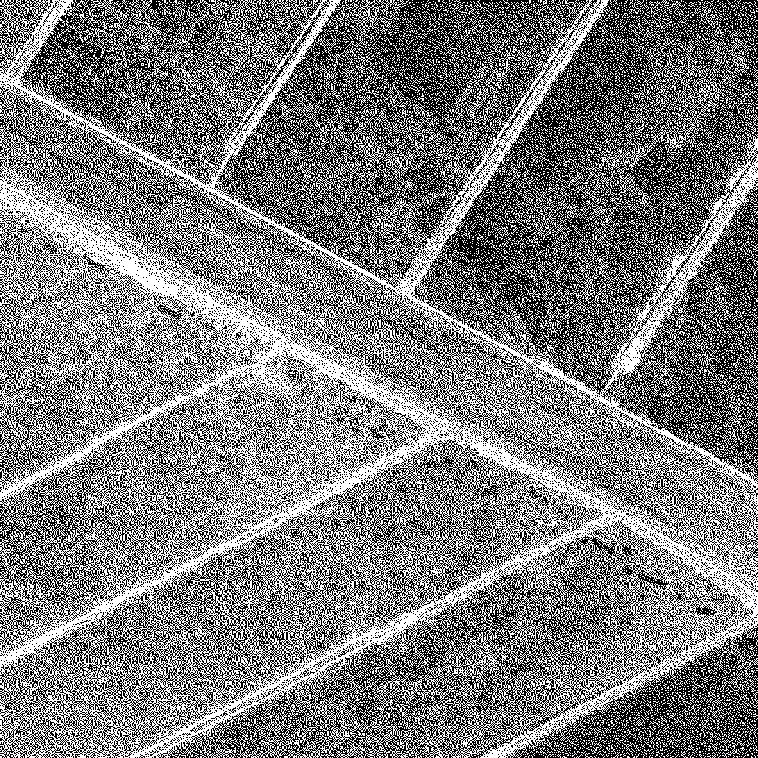
→ Jordan — If the temperature rises by 2 °C, even an increase in precipitation by 20% would not compensate the increase in evaporation resulting in a decrease of surface runoff.
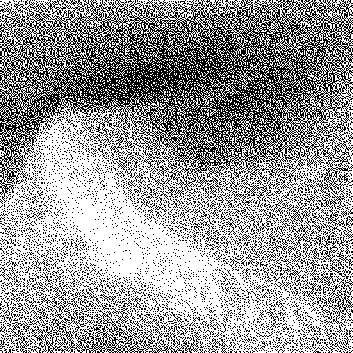
→Great Barrier Reef — As global warming continues, corals will not be able to keep up with increasing ocean temperatures. Coral bleaching events lead to increased disease susceptibility, which causes detrimental ecological effects for reef communities.
Expecting more from ourselves and helping inspire our clients.
We live and work in New York City, where a new DTC brand is released on what feels like a daily basis. After four years in this industry, we're now in a fortunate position to be able to turn down potential clients whose missions don't align with ours.
We see it as our responsibility to challenge our clients to do the best that we collectively can when it comes to reducing their mark on the planet. We're now taking our learning and research in the sustainability space, and bringing that knowledge to our partners - be that in facilitating product lifecycle analysis sprints, giving teams the tools to better understand their corporate emissions, or helping to tell a brand's climate story to their customers.
→ View Helping Clients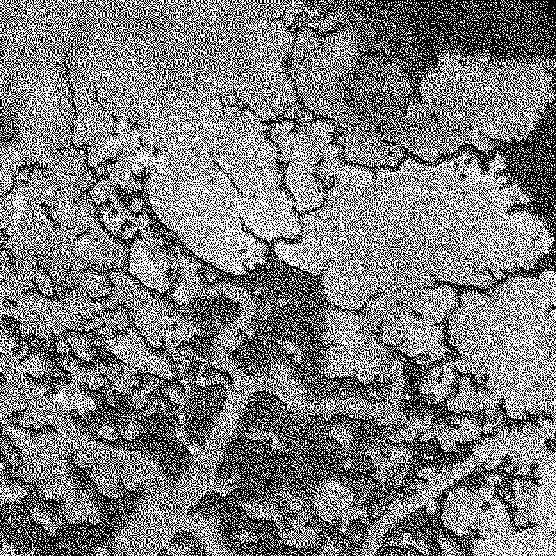
→United States — Mangroves are threatened in the Everglades, due to sea level rise. Mangroves are especially important for carbon sequestration, and have been referred to as "blue carbon." The stored carbon in the mangroves of the Everglades has been estimated to be worth between $2 billion and $3.4 billion.
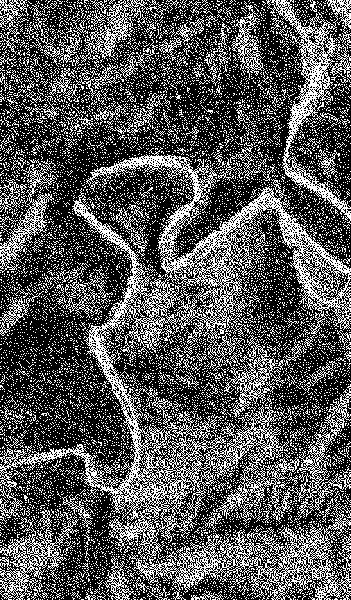
→Haiti — Haiti's forests covered 60% of the country as recently as 50 years ago, but today, according to more in-depth environmental analysis, the country yields approximately 30% tree cover, a stark difference from the often cited figure of 2% which has been widely circulated in discourse concerning Haiti.
Studio Carbon Negative was initiated by Sanctuary Computer. Get in touch if you would like to know more information about Studio Carbon Negative.
→ Visit Sanctuary Computer